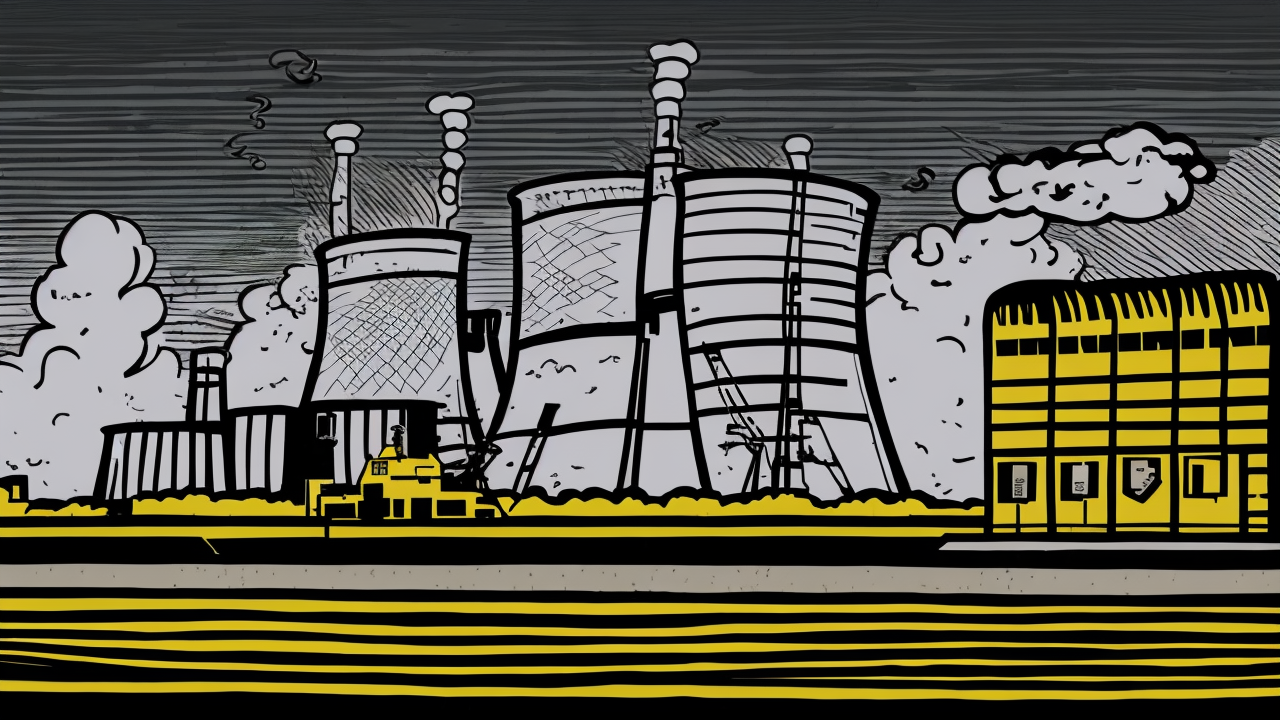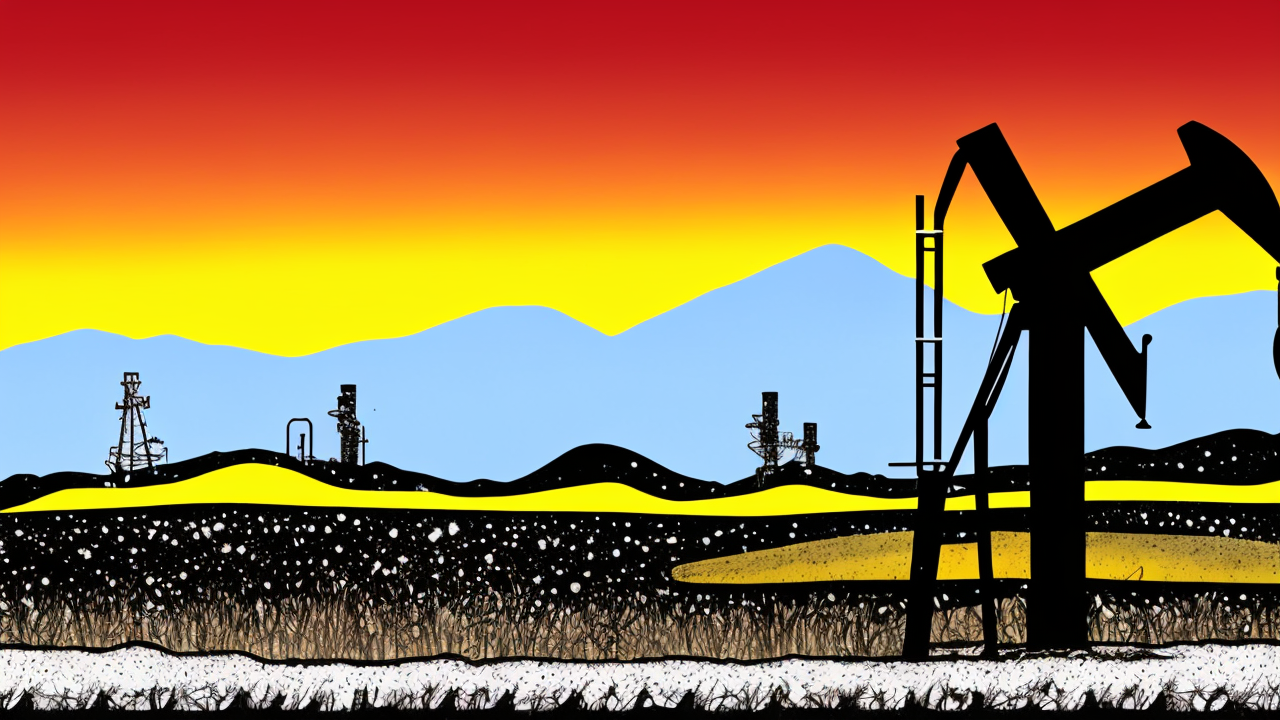Nuclear Fuel Crisis Threatens U.S. Nuclear Revival

The U.S. nuclear industry is facing a critical challenge as it struggles to meet domestic demand for nuclear fuel. Despite ambitious plans to build new nuclear power plants and advanced reactors, the country’s limited capacity to produce enriched uranium has raised concerns about its ability to sustain a nuclear energy comeback.
The U.S. once led the global nuclear fuel market, but decades of privatization and declining demand have eroded its domestic capabilities. Today, two-thirds of the nation’s enriched uranium needs are met by foreign suppliers, particularly Russia. The U.S. government’s decision to ban Russian uranium imports has intensified the pressure to develop a reliable domestic supply.
Efforts to revive the industry are underway. Centrus Energy, a Maryland-based company, produced its first batch of high-assay, low-enriched uranium (HALEU) in November 2023, a critical fuel for next-generation reactors. Meanwhile, General Matter, a San Francisco-based startup, plans to build a $1.5 billion enrichment facility in Kentucky. However, these initiatives require significant investment and political support to scale up production.
The situation is further complicated by technical and market challenges. Urenco, a major U.S. enrichment operator, has seen its New Mexico plant’s capacity decline by 12% since 2018 due to technical issues with its advanced centrifuge technology. Additionally, the lack of commercial reactors using HALEU creates a “chicken and egg” problem, as fuel producers hesitate to invest without guaranteed demand.
As the U.S. seeks to reduce its reliance on foreign nuclear fuel, the success of these efforts will be pivotal to achieving energy independence and advancing its nuclear energy goals.
Published: 8/13/2025
















